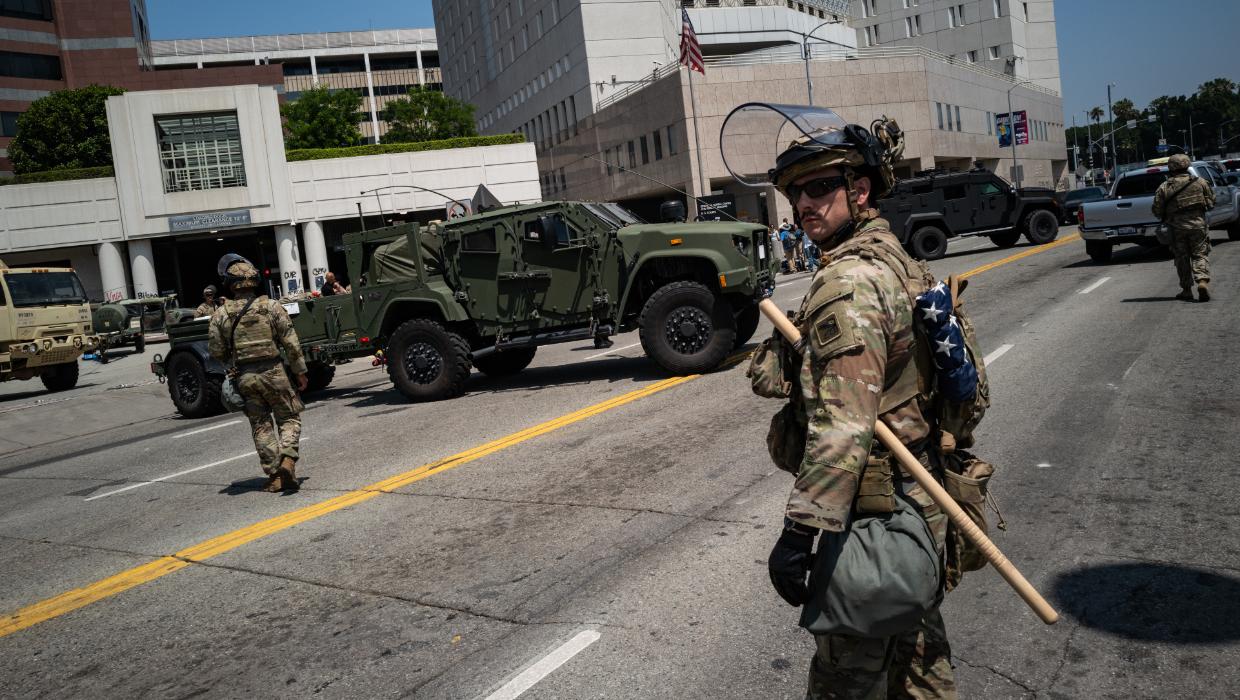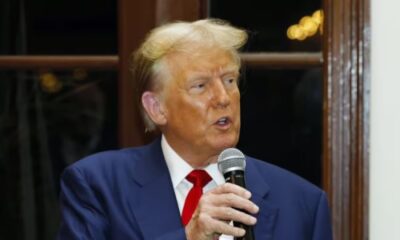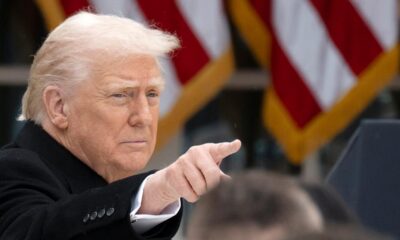Top Stories
Trump Administration Proposes National Guard Force for Civil Unrest

The Trump administration is advancing plans to form a “Domestic Civil Disturbance Quick Reaction Force” aimed at addressing civil unrest in American cities. This initiative would involve deploying hundreds of National Guard troops to respond swiftly to protests and disturbances.
This proposed force is seen as a direct response to the growing incidents of social unrest across the United States. As protests have escalated in recent years, the administration believes that a dedicated military unit can help maintain order and ensure public safety.
Details of the Proposed Force
The initiative would create a rapid deployment team composed of National Guard members, who would be trained specifically for civil disturbance scenarios. The aim is to have these troops on standby, ready to mobilize within hours to areas experiencing significant unrest.
Sources within the administration indicate that the plan is still in its early stages and requires further evaluation and approval. The intention is to enhance local law enforcement’s capabilities, particularly in cities that have faced challenges managing protests.
The proposal raises questions about the role of military forces in domestic affairs. Critics argue that deploying the military to handle civil disturbances could lead to excessive force and undermine civil liberties. Conversely, supporters assert that a rapid response force could prevent violence and protect communities.
Context and Implications
As social movements gain momentum and protests continue in response to various national issues, the administration’s strategy reflects a shift in how civil unrest is managed in the United States. The implications of this plan could potentially reshape the relationship between military and civilian law enforcement.
Donald Trump‘s administration has faced scrutiny for its handling of protests in the past, and this proposed force is likely to be met with mixed reactions from the public and lawmakers. The administration is expected to address these concerns as discussions around the initiative proceed.
The establishment of a National Guard unit with such specific duties may also impact state-level decisions regarding the use of military resources. With elections approaching in 2024, how the administration navigates this issue could influence public opinion and voter sentiment.
In summary, while the proposed Domestic Civil Disturbance Quick Reaction Force aims to provide swift assistance during civil unrest, it also raises significant ethical and operational questions about the role of the military within civilian life. The administration’s next steps will be closely monitored as they unfold.
-

 World1 week ago
World1 week agoPrivate Funeral Held for Dean Field and His Three Children
-

 Top Stories2 weeks ago
Top Stories2 weeks agoFuneral Planned for Field Siblings After Tragic House Fire
-

 Sports3 months ago
Sports3 months agoNetball New Zealand Stands Down Dame Noeline Taurua for Series
-

 Entertainment3 months ago
Entertainment3 months agoTributes Pour In for Lachlan Rofe, Reality Star, Dead at 47
-

 Entertainment2 months ago
Entertainment2 months agoNew ‘Maverick’ Chaser Joins Beat the Chasers Season Finale
-

 Sports3 months ago
Sports3 months agoSilver Ferns Legend Laura Langman Criticizes Team’s Attitude
-

 Sports1 month ago
Sports1 month agoEli Katoa Rushed to Hospital After Sideline Incident During Match
-

 World2 weeks ago
World2 weeks agoInvestigation Underway in Tragic Sanson House Fire Involving Family
-

 Politics2 months ago
Politics2 months agoNetball NZ Calls for Respect Amid Dame Taurua’s Standoff
-

 Top Stories2 weeks ago
Top Stories2 weeks agoShock and Grief Follow Tragic Family Deaths in New Zealand
-

 Entertainment3 months ago
Entertainment3 months agoKhloe Kardashian Embraces Innovative Stem Cell Therapy in Mexico
-

 World4 months ago
World4 months agoPolice Arrest Multiple Individuals During Funeral for Zain Taikato-Fox





















